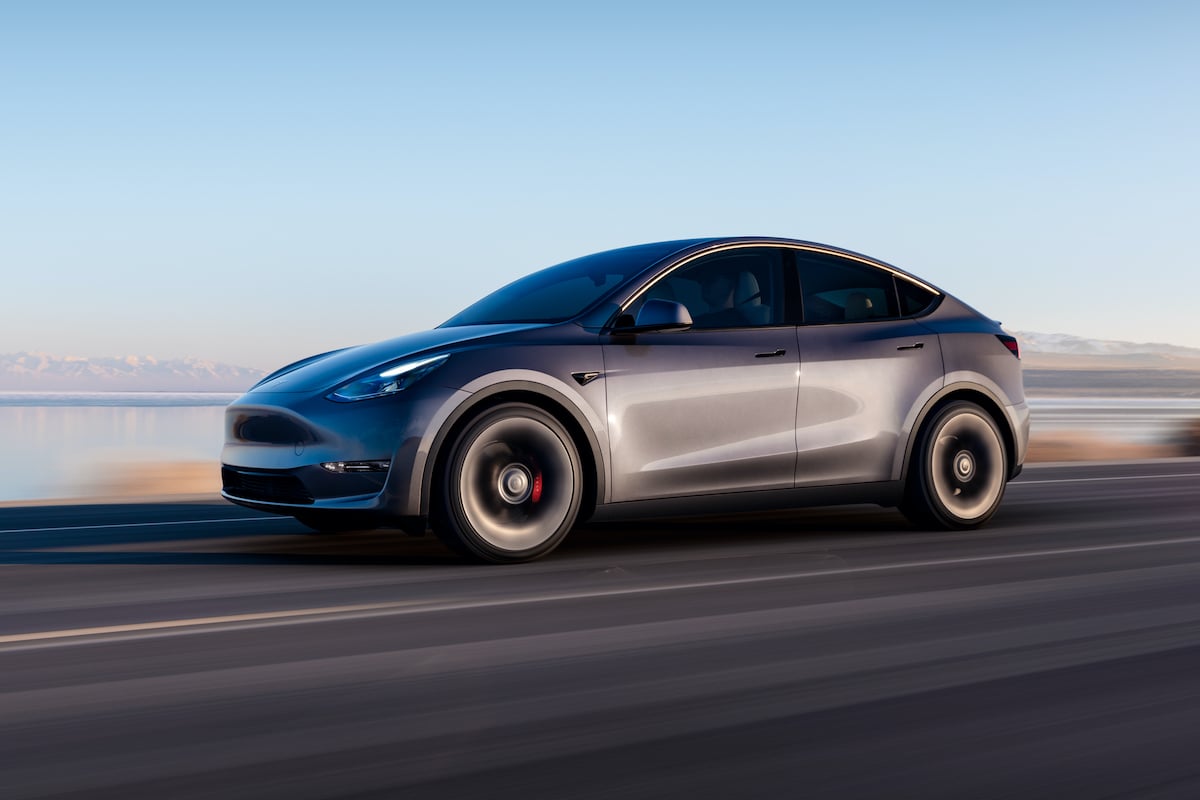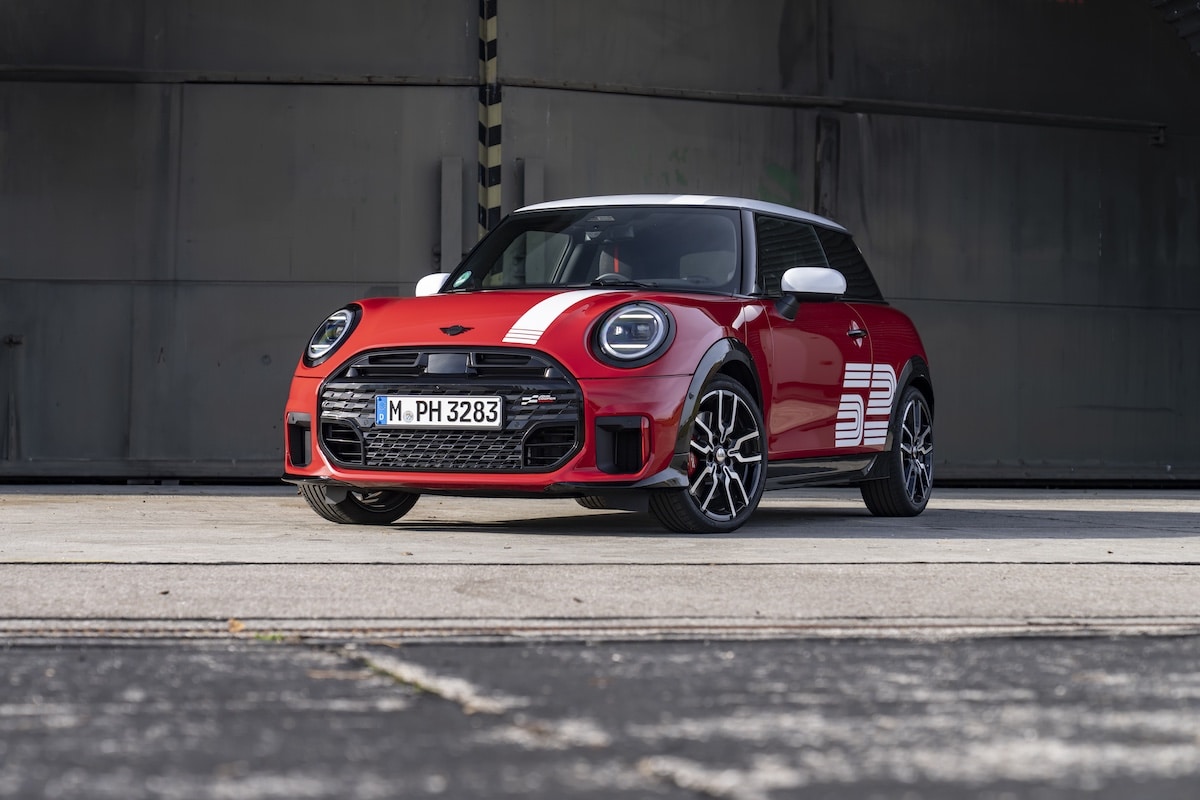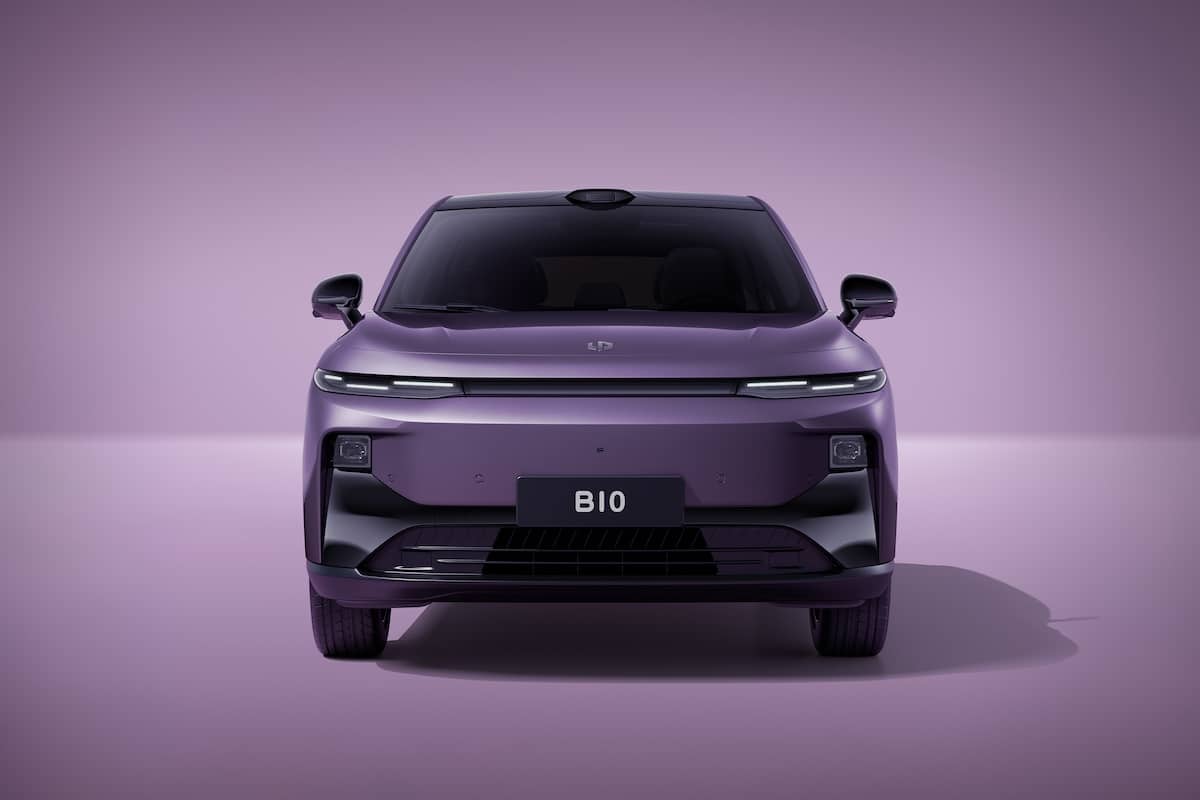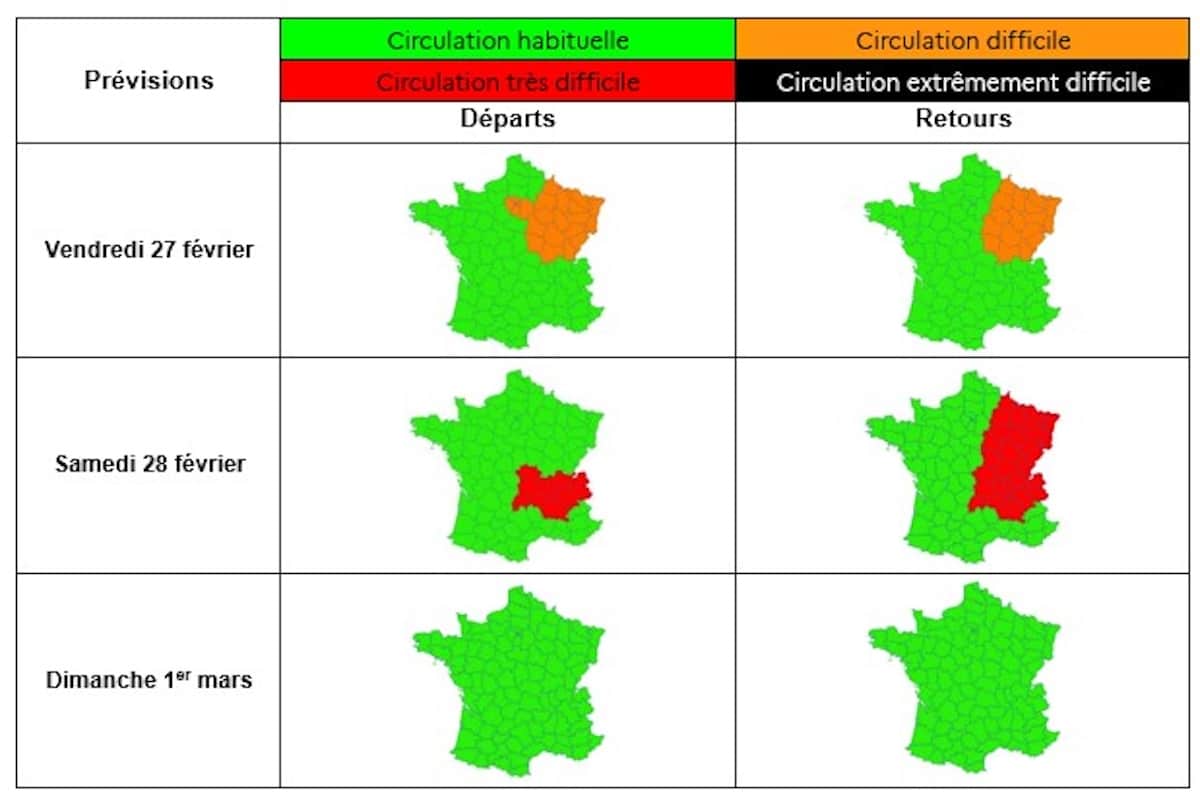Stellantis: Carlos Tavares Reluctantly Embraces Electric Vehicles
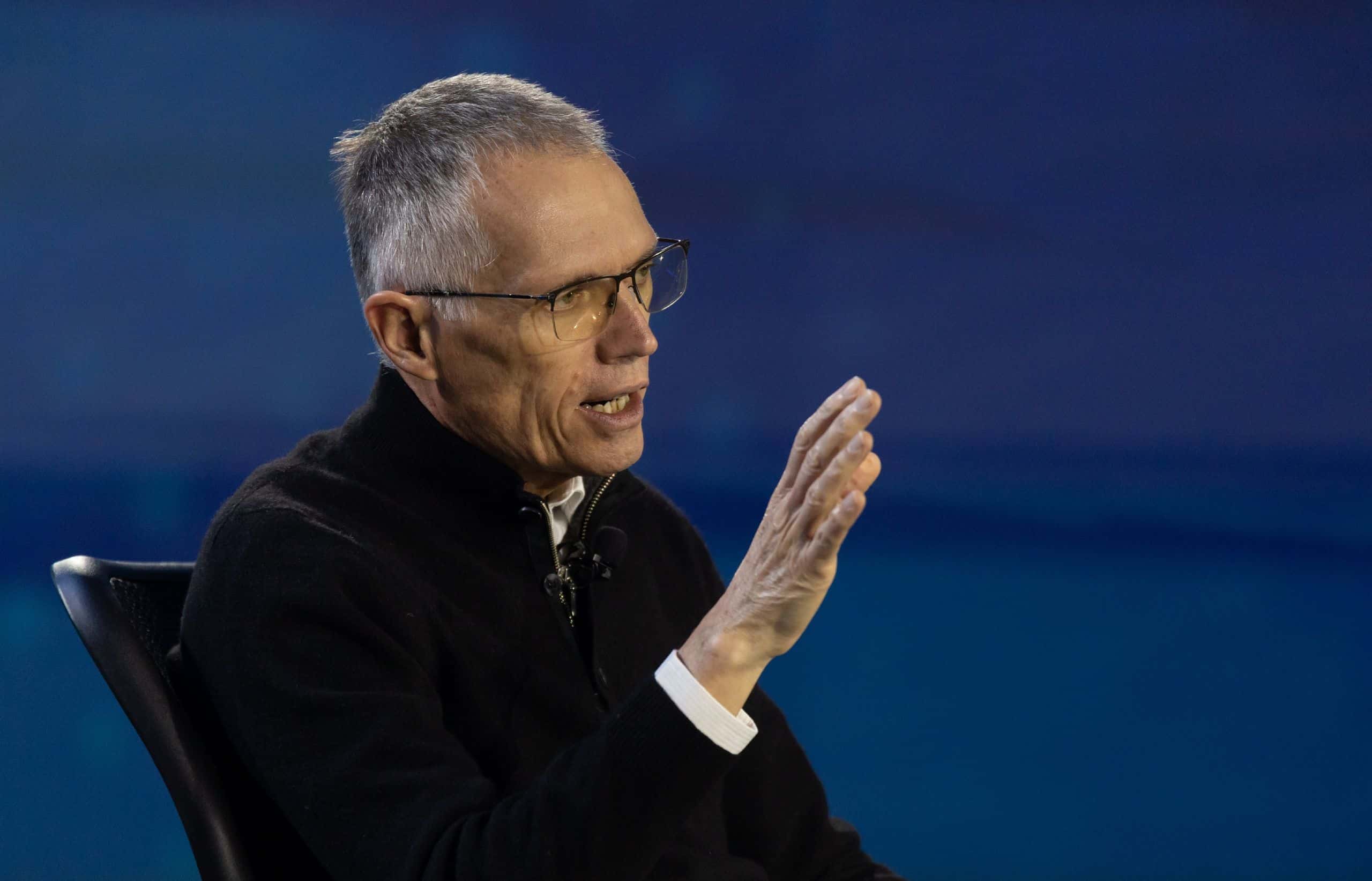
Stellantis CEO Carlos Tavares has once again expressed concerns about the social and societal impact of electric vehicles.
While the transition to electric is underway, and the schedule to ban thermal cars is filling up, some resist. Among the most skeptical, the CEO of Stellantis, Carlos Tavares, gave an interview to several media including Les Échos. In it, he discusses all automotive trends, including electric cars, which he questions.
Tavares advocates for hybrids
” There were cheaper and faster methods to reduce emissions than this,” launched Carlos Tavares, “the chosen method does not allow automakers to be creative in bringing different ideas from electrification. But it’s a political choice.”
On this point, we find it hard to understand the head of Stellantis. Launched 25 years ago, hybrid technology has had plenty of time to establish itself. Yet, apart from Toyota, manufacturers have invested little in it, including Renault when Tavares was no2 Executive. Regarding thermal engines, mild hybrids (MHEV) contribute little to a technology that is reaching its efficiency limits. However, he fails to mention plug-in hybrid, recently called “an eco-scam”.
His final vision is to oppose “high-performance thermal hybrid cars so they remain affordable” and “100% electric vehicles that middle classes won’t be able to afford.” The leader wants to open “a societal debate”, whether from an environmental or financial perspective.
His environmental concerns
” With the European energy mix, an electric vehicle must drive 70,000 km to offset the poor carbon footprint of battery manufacturing,” estimates the group’s CEO. This figure should be taken with caution, as each model has a different battery size, and electricity consumption varies from country to country. It’s therefore impossible to verify.
He also overlooks the evolution of electric cars. Battery and motor efficiency are advancing rapidly, while electricity is becoming greener. Tavares wants to “also discuss the carbon footprint of batteries.” An important topic, but one that is improving over time.
Indeed, production will migrate from Asia to Europe (partly) via new Gigafactory projects, making it greener accordingly.
Social costs and factory closures
While it has been proven many times that the ecological transition improves the environment and even health, the real debate is economic. Electric vehicles remain a significant investment for manufacturers, costing tens of billions of euros. Additionally, their lower labor requirements due to fewer parts can lead to social disruption.
It is therefore understandable that Carlos Tavares considers that “it takes time to develop another industry and invent new technologies.” However, he struggles to reassure about potential factory closures. “We haven’t done that. And if I can avoid it, I will,” he confirmed, while adding that he must “also remain competitive.” Again, he blames “political constraints on decarbonization in Europe.”
Carlos Tavares puts pressure
It should be noted that Stellantis is a merger of two groups that are lagging in this field, PSA and FCA. Electric technology has been around for a long time and is now well mastered (Tesla, Volkswagen, Renault, etc.). He also highlights government investments and the example of Spain, which is lagging, where “the work of the past twenty to thirty years risks being lost because things are moving very fast.”
With these words, he clearly appears as a leader seeking the best subsidies and agreements to establish himself. Known as a cost-killer to maximize profits, he also criticizes “exorbitant energy prices” in Italy.
Through these statements, he applies pressure on the EU and European countries regarding the bans on thermal engines or CO2 targets.
Read also: Why is electric mobility struggling to convince the French?
This page is translated from the original post "Stellantis : Carlos Tavares vers l’électrique à reculons" in French.
We also suggestthese articles:
Also read
